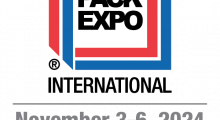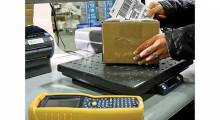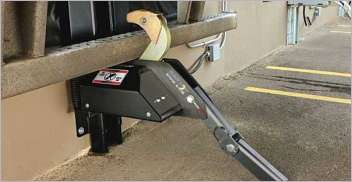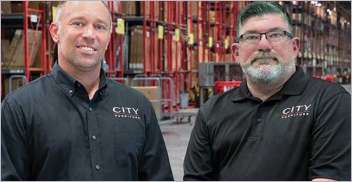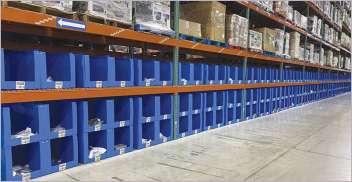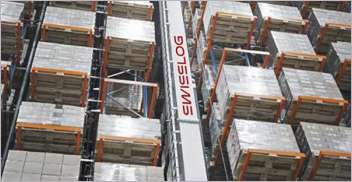Dennis Colley
Title: President and CEO, Fibre Box Association (FBA)
Location: Itasca, Ill.
Experience: 43 years in the paper and packaging business, with a focus on the corrugated industry for the past 17 years.
Primary Focus: The FBA is the trade association for North American corrugated box manufacturers, representing 95% of U.S. industry shipments
Modern: Dennis, tell us a little about the Fibre Box Association?
Colley: There are three key words in our mission statement, and those are to grow, protect and enhance the corrugated industry. The FBA provides statistics and benchmarking data for our members. We also provide technical support when industry issues arise, such as regulations from OSHA and the EPA. And, we also participate in providing communications and marketing on the benefits of corrugated packaging for our members and stakeholders.
Modern: To many people, a corrugated box is a corrugated box. What’s new in what many would consider a legacy product?
Colley: Our industry continues to reinvent itself. Now that more and more boxes are going directly to consumers’ homes, they want boxes that are easy to open and recycle. On the commercial side, we’re developing new shelf-ready packaging, new designs to protect products during shipment, and boxes with enhanced cooling properties for perishable foods.
Modern: Looking at your industry, what are the trends driving how those boxes are designed and used?
Colley: Corrugators, which produce sheets for boxes, are wider and faster than ever before. That’s driving productivity gains in our facilities. And, with e-commerce growing at about 15% a year, that’s driving the need for new designs. New digital printing technologies are allowing greater graphics and shorter run lengths.
Modern: You talked about recycling. How important is sustainability to the corrugated industry and your customers?
Colley: Sustainability is top of mind for so many folks. The good news is that corrugated boxes are 100% recyclable and come from a renewable resource—the tree. The industry has a recovery rate of 93% of our used product to make new boxes. When producing the board that goes into boxes, our mill systems have been able to use fuel that is efficient. Two-thirds of the fuel used in our factories for energy is the byproduct of trees. We are the poster child for what a sustainable industry should look like.
Modern: You mentioned changes in the factory. How will the factory of the future differ?
Colley: The corrugated factory of the future will have the latest computerized equipment to automate systems and lower overhead. For instance, it will include robots to move product from one machine to another, smart conveying systems and intelligent codings. The most important new phenomenon is the emergence of an integrated Cloud network. Using QR codes, bar codes or some other technology, we’ll be able to track information all the way back to the forests, paper mills, converting operations and transportation to provide a chain of custody for our customers. As an example, we could collect information on where the fibers came from or the percentage of recycled content in a box for the purpose of sustainability. Or, the box can be a platform of information to track how long perishable items were in transit. With all of these changes, the factory of the future becomes a high-tech environment requiring more skilled employees.
Article topics


